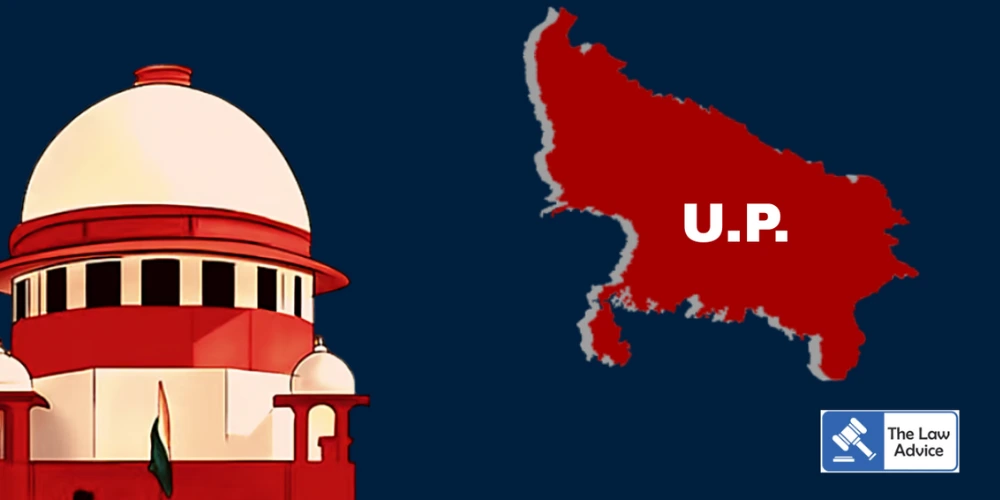New Delhi, August 7, 2025 –
The Supreme Court came down heavily on the Uttar Pradesh Police on Wednesday over their failure to act upon a threat complaint filed by a key witness in the ongoing Lakhimpur Kheri violence trial. The apex court made it clear that mere forwarding of a complaint to senior officers does not amount to meaningful action—especially in a case of such gravity and national importance.
The Bench, during the hearing, directed the State to verify the allegations of threats and inducement made by the witness, and take appropriate and immediate steps in accordance with the law.
The Bench expressed serious concern when it was informed that the police had not registered an FIR on the witness’s complaint, allegedly because the complainant did not appear before the authorities in person. The Court questioned this procedural excuse and emphasized the duty of the police to investigate threat allegations seriously, particularly when made by a prosecution witness in a politically sensitive case.
The Lakhimpur Kheri incident occurred on October 3, 2021, in Tikunia village of Lakhimpur Kheri district, Uttar Pradesh. During a farmers’ protest against the central farm laws, a convoy of SUVs ran over a group of protesters. This was followed by violent clashes.
In total, eight people lost their lives, including:
• Four farmers mowed down by vehicles,
• One journalist,
• Three individuals from the BJP convoy, who were reportedly lynched by protesters.
One of the key accused is Ashish Mishra, son of Ajay Kumar Mishra ‘Teni’, then Union Minister of State for Home. Mishra was arrested but later granted bail. The matter has drawn intense public and judicial scrutiny due to the alleged misuse of political power and delays in prosecution.
The current witness approached the court claiming that he is being threatened and lured with inducements to alter or withhold his testimony. He claimed that despite approaching the local police and district authorities, no meaningful protection or action has followed.
In earlier hearings, the Court had refused to cancel Ashish Mishra’s bail, but had clearly allowed the witness to file a fresh complaint. However, the new grievance has prompted the Bench to seek answers from the state.
• UP Police must verify the threat allegations made by the witness.
• If the claims are found genuine, an FIR must be filed, and protection granted as per law.
• The next hearing will review whether proper safeguards and legal steps have been taken by the state.
Witness protection continues to be a serious challenge in India, especially in cases where political figures or powerful individuals are involved. The Supreme Court’s pushback reinforces that the criminal justice process cannot afford witness tampering or institutional apathy, particularly in trials that have wide public implications.
